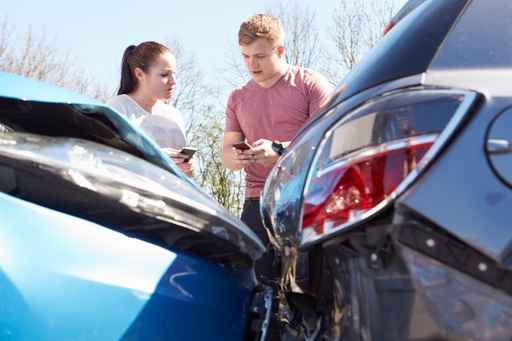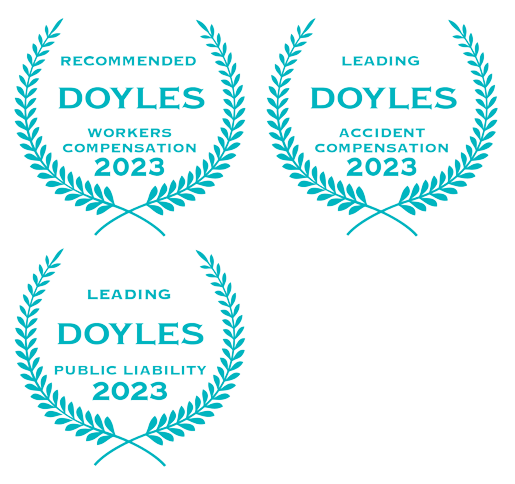Earlier this year, we shared a post about road rules and responsibilities as well as some tips on what to do if you’re involved in a motor vehicle accident. But there are some things you shouldn’t do if you’re in a car accident, too.
Here’s a list of five things you shouldn’t do in the event of a crash:
- Don’t panic
At a time of emergency – especially if you or a loved one have been injured – this may be easier said than done, but staying calm is one of the most important things you can do to help yourself and those around you.
Even if you’re angry and believe the other driver was at fault, now is not the time to start a fight. Breathe deeply, find out if others are injured, listen and speak carefully, and call the emergency services. If you’re within Adelaide and need a tow truck, you can call a tow truck on 8231 5555 (this number is managed by police).
- Don’t leave the sceneLeaving the scene of a motor vehicle accident you are involved in is against the law in South Australia, whether or not anyone is injured. You must stop, check on the other driver(s), exchange insurance information and contact authorities even if there is only minor damage to vehicles or property.If you can, use your hazard warning lights as a signal to other drivers on the road. When police arrive, have your personal documentation ready to present. (By the way, did you know that you can now get digital proof of your driver’s license and registration for your smartphone in South Australia?)
- Don’t say it was your fault (even if you believe it was)
If you admit fault, you’re admitting liability for the accident, which could expose you to a legal action or other penalties. In your conversation with the other driver(s), don’t say, “I’m sorry”, “It was my fault”, “I just didn’t see you” or anything that suggests you were in the wrong.
Be polite, ask if others need help and exchange information, but do not answer any questions about the speed you were going or get drawn into any discussion about the accident details with other drivers. Wait until police arrive on the scene.
- Don’t forget to gather information
You might think that you’ll remember important information later, but it’s best not to leave it to chance. Be sure to write down the names and contact information of everyone involved, including witnesses and police officers, as well as insurance information for the other driver(s).
If you have your smartphone with you, take photos of the cars, location and accident scene, too. It’s also a good idea to take pictures of the other driver’s license plate. These images will come in handy when you file a claim with your insurance company, as well as if you need to engage a lawyer.
- Don’t waste timeIf you think you have suffered any injury, see a medical professional immediately. Sometimes, people don’t realise that they’ve suffered whiplash or bruising because there’s so much going on right after the accident. If you’re not sure, get checked out by a healthcare professional just to be on the safe side.
And if you need to seek advice from a legal professional it’s imperative that you do so as quickly as possible. There are time limits for making any type of motor vehicle accident claim – starting the process as soon as possible can only help your case.
An ounce of prevention
Of course, we hope you’re never in an accident in the first place, but it’s always best to be prepared for the worst. Here are few measures you can take in advance – now, when you’re not in a crisis – that will save you time and trouble in a car accident or in any emergency:
- Always ensure your mobile phone is charged and within reach (but not in the way of your hands or feet while driving!)
- Have important documents, or copies of them, in your car (personal ID, car and health insurance policy and phone numbers, vehicle registration, etc.) or in your phone.
- Put together a first aid kit for your car. This will be helpful for all types of emergencies during your travels.
If you’ve been in a motor vehicle accident and need advice from a legal professional, please contact us to speak with a member of our experienced team.


